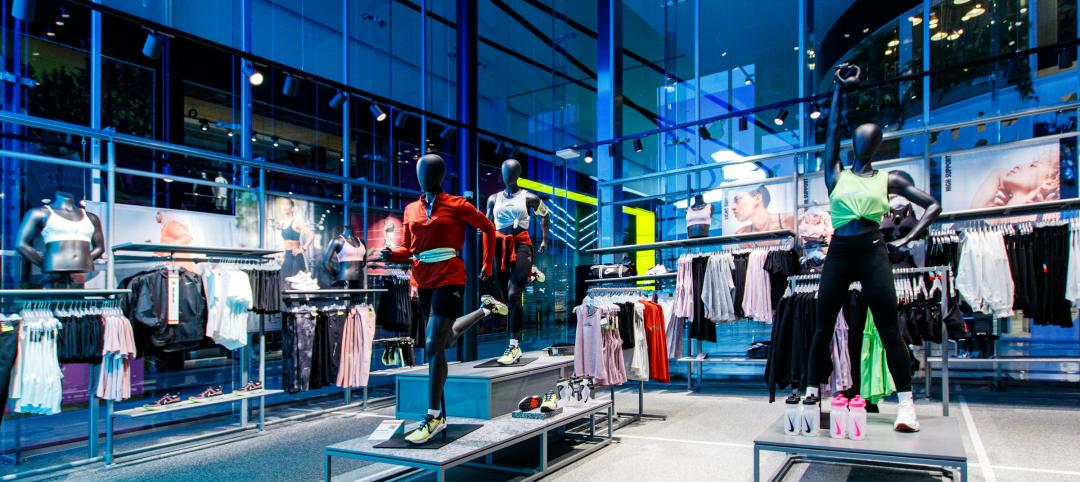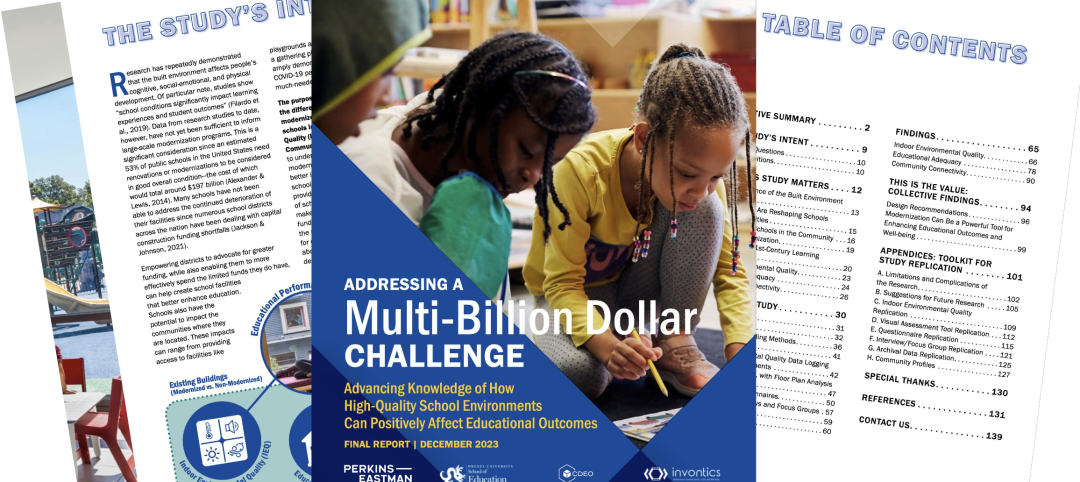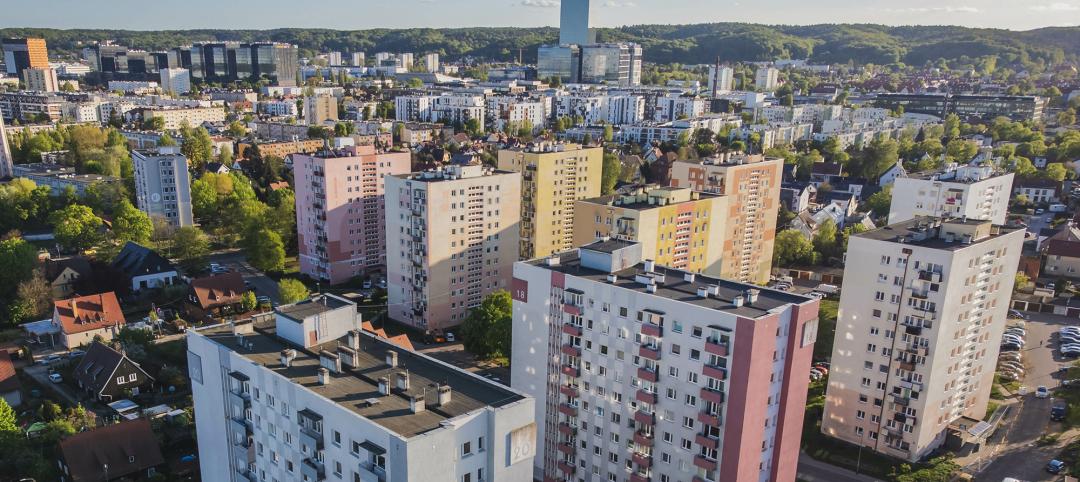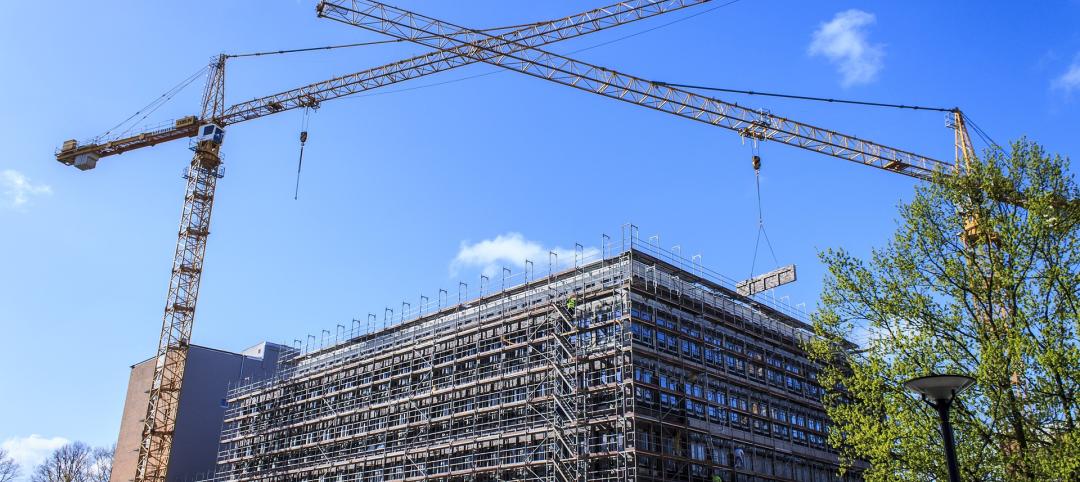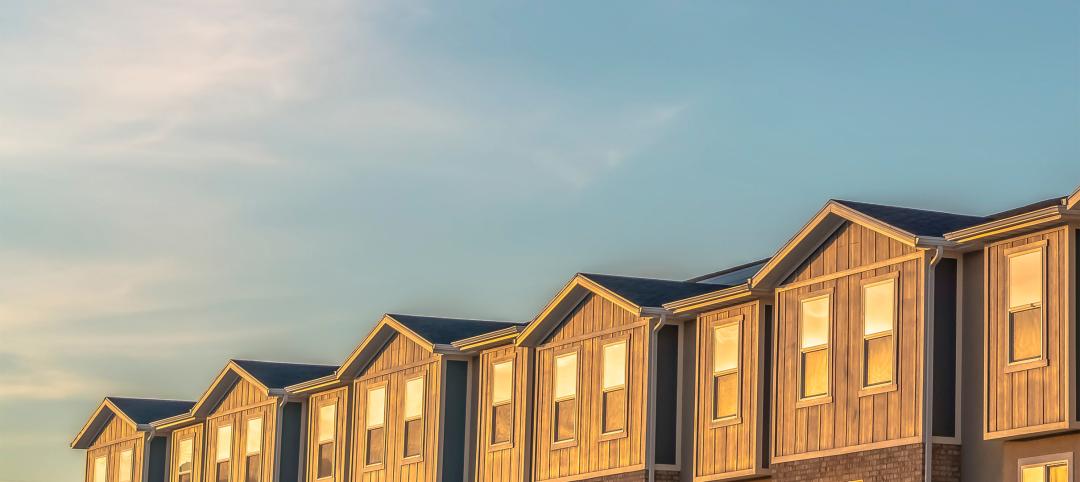A recent survey conducted by student housing developer, Core Spaces, of nearly 2,500 college students throughout the United States, reveals how Covid-19 has impacted them – including their mental state, sentiment about remote learning, personal and parents' finances and more. Core Spaces emailed the survey to student residents at 19 Core Spaces properties across 12 cities in 11 states. Responses were collected from June 2 to June 9.
“These important survey results speak to a wide range of ways the pandemic has impacted our young people,” explained Marc Lifshin, founder and chief executive officer of Core Spaces. “Their responses provide valuable insight into how college students are hurting and what they want. More than ever, it's crucial we do our best to make sure their housing is a welcoming and safe place.”
KEY FINDINGS:
Living preferences
Nearly 90% of respondents said they want to come back to campus when classes begin this fall.
72.5% of respondents would like to get back to their universities even if the schools continue online instruction in the fall.
Economic impact / confidence
More than three out of five (63.3%) respondents said the pandemic resulted in economic difficulties for themselves and their families in the following ways:
- Their summer job was canceled (57%)
- Their summer job hours or pay were reduced (32%)
- One of their parents lost his or her job (21%)
- One of their parents had hours or pay reduced (55%)
When it came to how students felt about their future job prospects due to the pandemic, nearly 20% were much less confident, and more than 40% were somewhat less confident. And 40% felt their job prospects were the same as before the pandemic.
Remote learning & studying
Nearly 60% of respondents said online classes had been a negative experience for them.
Nearly eight out of 10 said they feel they'd be more successful studying remotely in their apartments vs. their family’s homes.
Confidence with being safe back at school
90% of respondents were either "very confident" (46.6%) or "somewhat confident" (43.4%) that their universities would take appropriate and available measures to help protect them and other students from spreading the virus.
More than 85% of respondents were either "very confident" (41.6%) or "somewhat confident" (43.7%) that their student housing provider (Core Spaces) would take appropriate and available measures to help protect them and other student residents from spreading the virus.
Psychological impact
Since Covid-19’s onset, students said they had experienced the following:
- Sleep pattern has changed (76%)
- Feel more anxious or stressed (75%)
- Feel more depressed or worried (55.5%)
- Seen a professional for physical or mental health (12%)
Desire for vaccine
When asked how likely they are to want a vaccine if/when it is made available, 63% said very likely, 25.6% said somewhat likely, and 11.3% said not likely.
In total, there were 2,490 respondents from 19 Core Spaces properties in 12 cities and 11 states. The universities/cities, in order of the highest number of respondents, include University of South Carolina, Columbia (324); Penn State, University City, Penn. (304); *University of Florida, Gainesville (273); Michigan State University, East Lansing (231); University of Central Florida, Orlando (225); Purdue University, West Lafayette, Ind. (205); University of Alabama, Tuscaloosa (199 – three Core properties); *University of Arizona, Tucson (192); West Virginia University, Morgantown (144); University of Oklahoma, Norman (143); *University of Kentucky, Lexington (133); University of Mississippi, Oxford (116).
[*Represents two Core properties in the same city/campus.]
“There are so many unknowns around Covid-19," added Lifshin. “We, along with other student housing providers, need to do all we can to reduce the stress that students are feeling and increase their sense of comfort. We plan on offering a mindfulness and meditation program to our 15,000 residents starting late August – this same program had a positive impact on our own staff. We're also rolling out a wide variety of measures to consistently sanitize our buildings and continue to protect our residents.”
Related Stories
Retail Centers | Apr 4, 2024
Retail design trends: Consumers are looking for wellness in where they shop
Consumers are making lifestyle choices with wellness in mind, which ignites in them a feeling of purpose and a sense of motivation. That’s the conclusion that the architecture and design firm MG2 draws from a survey of 1,182 U.S. adult consumers the firm conducted last December about retail design and what consumers want in healthier shopping experiences.
Market Data | Apr 1, 2024
Nonresidential construction spending dips 1.0% in February, reaches $1.179 trillion
National nonresidential construction spending declined 1.0% in February, according to an Associated Builders and Contractors analysis of data published today by the U.S. Census Bureau. On a seasonally adjusted annualized basis, nonresidential spending totaled $1.179 trillion.
Market Data | Mar 26, 2024
Architecture firm billings see modest easing in February
Architecture firm billings continued to decline in February, with an AIA/Deltek Architecture Billings Index (ABI) score of 49.5 for the month. However, February’s score marks the most modest easing in billings since July 2023 and suggests that the recent slowdown may be receding.
K-12 Schools | Mar 18, 2024
New study shows connections between K-12 school modernizations, improved test scores, graduation rates
Conducted by Drexel University in conjunction with Perkins Eastman, the research study reveals K-12 school modernizations significantly impact key educational indicators, including test scores, graduation rates, and enrollment over time.
MFPRO+ News | Mar 16, 2024
Multifamily rents stable heading into spring 2024
National asking multifamily rents posted their first increase in over seven months in February. The average U.S. asking rent rose $1 to $1,713 in February 2024, up 0.6% year-over-year.
Market Data | Mar 14, 2024
Download BD+C's March 2024 Market Intelligence Report
U.S. construction spending on buildings-related work rose 1.4% in January, but project teams continue to face headwinds related to inflation, interest rates, and supply chain issues, according to Building Design+Construction's March 2024 Market Intelligence Report (free PDF download).
Contractors | Mar 12, 2024
The average U.S. contractor has 8.1 months worth of construction work in the pipeline, as of February 2024
Associated Builders and Contractors reported that its Construction Backlog Indicator declined to 8.1 months in February, according to an ABC member survey conducted Feb. 20 to March 5. The reading is down 1.1 months from February 2023.
Market Data | Mar 6, 2024
Nonresidential construction spending slips 0.4% in January
National nonresidential construction spending decreased 0.4% in January, according to an Associated Builders and Contractors analysis of data published today by the U.S. Census Bureau. On a seasonally adjusted annualized basis, nonresidential spending totaled $1.190 trillion.
Multifamily Housing | Mar 4, 2024
Single-family rentals continue to grow in BTR communities
Single-family rentals are continuing to grow in built-to-rent communities. Both rent and occupancy growth have been strong in recent months while remaining a financially viable option for renters.
MFPRO+ News | Mar 2, 2024
Job gains boost Yardi Matrix National Rent Forecast for 2024
Multifamily asking rents broke the five-month streak of sequential average declines in January, rising 0.07 percent, shows a new special report from Yardi Matrix.



